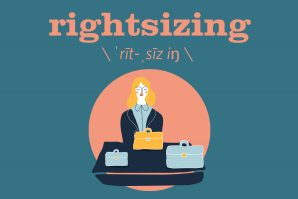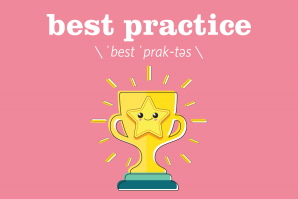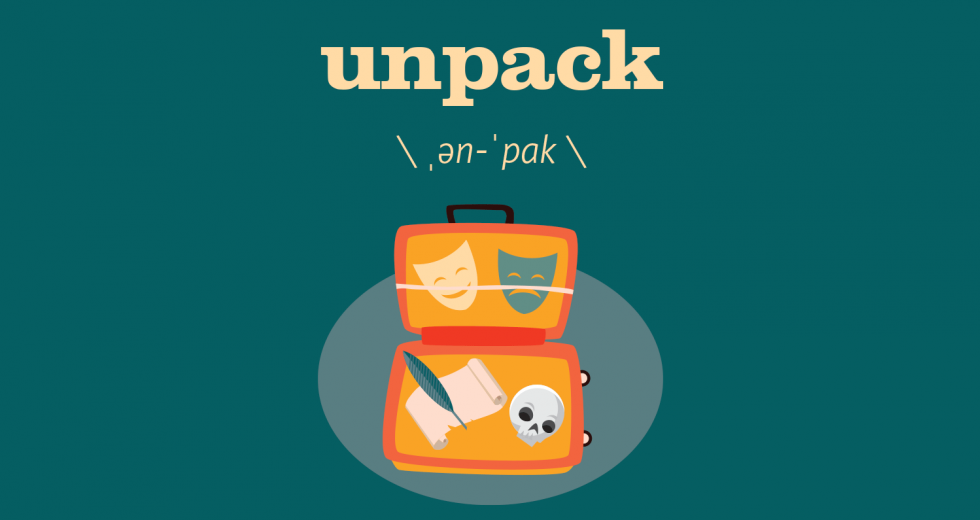If you’ve been to an academic or business conference fairly recently, you’ve probably heard a professor or other erudite colleague suggest “unpacking” something, though they probably don’t mean unzipping a suitcase and removing its contents — unless they’ve lost their flash drive in there.
The word “unpack” has been in use for more than 500 years in a literal sense, but sometime in the 16th century when it was still fairly new, writers and philosophers began to use the word to describe unpacking more than just luggage. The word started to show up in literature to mean confessing one’s inner feelings — as in Act 2, Scene 2 of Shakespeare’s “Hamlet,” when the titular character “Must, like a whore, unpack my heart with words.”
The Buzz
While Shakespeare may have given the word literary currency in the early 1600s, some contemporary audiences are not as fond of its usage in this way.
“My own gut sense is that there’s something corporate about the word that doesn’t fit in a literary setting,” says Naomi J. Williams, a writer and editor who has taught creative writing at UC Davis, Sacramento City College and the low-residency MFA program at Ashland University in Ohio. (She’s also the author of the 2015 historical fiction novel “Landfalls.”)
Williams is right — the word seems to have fallen out of favor in literature during the last century and has instead planted itself squarely in the purview of academia. William’s husband, Dan Fuchs, an attorney for the State of California specializing in water law, agrees, saying he almost never hears the word in legal settings. Because there are very specific protocols in law for analyzing an issue (statutory language, case law, etc.), “people don’t really need to ‘unpack’ things so much as go through the clearly laid-out steps in the proper order.” Instead, he feels the word is “primarily an academic rather than corporate word,” citing the example of a professor mentioning a famous quote or well-known term and “unpacking” it — discussing its larger historical, socioeconomic or philosophical implications. He says that though the word is often overused, it can still be useful in the right context.
Click here to see more of our Buzzwords series
The Word
With the advent of computers in the middle of the last century, the word gained yet another definition that’s almost as literal as its first. Merriam-Webster describes “computer data that is converted from a compressed format to an uncompressed and usable format is said to be unpacked,” or broken down into smaller, usable pieces for easier comprehension.
Though there are people who like to see the word abandoned — it made Michigan’s Lake Superior State University’s 43rd annual List of Words Banished from the Queen’s English for Mis-Use, Over-Use and General Uselessness in 2017 — it still has value in business or academic contexts when the comprehension of a subject or computer file requires a detailed examination of its constituent parts.
Or when you need to find your flash drive at the bottom of your suitcase.
—
Get stories like this delivered right to your inbox: Subscribe to the Comstock’s newsletter today.
Recommended For You

Buzzwords: Rightsizing
The process of hiring, firing or reassigning employees to help a business run as efficiently as possible
Rightsizing is the Goldilocks of the business world. With the ever-changing economic landscape, organizations are always on the hunt for the perfect balance — retaining a workforce that’s not too big, not too small, but just right.

Buzzwords: Solopreneur
An independent business owner who runs all aspects of the business on their own, without employees
Some choose solopreneurship because of the flexibility it provides versus the traditional corporate career path. Others become an expert in their field while working as an employee, then venture out independently to provide their services.

Buzzwords: Onboarding
The process by which a new employee is integrated into a company, from learning where the bathroom is to understanding the company culture
If you’ve ever started a new job and were told you were going to be “onboarded,” you may have had nightmarish visions of being connected up to the Borg or having your retinas scanned. (No? Just me? Maybe I watch too much science fiction.)

Buzzwords: Best Practice
A method that establishes a standard way of doing things as a means of driving higher performance, success, ideal behavior or ethics.
Professionals use the term as a guiding principle or methodology for consistency and to drive the greatest results.



